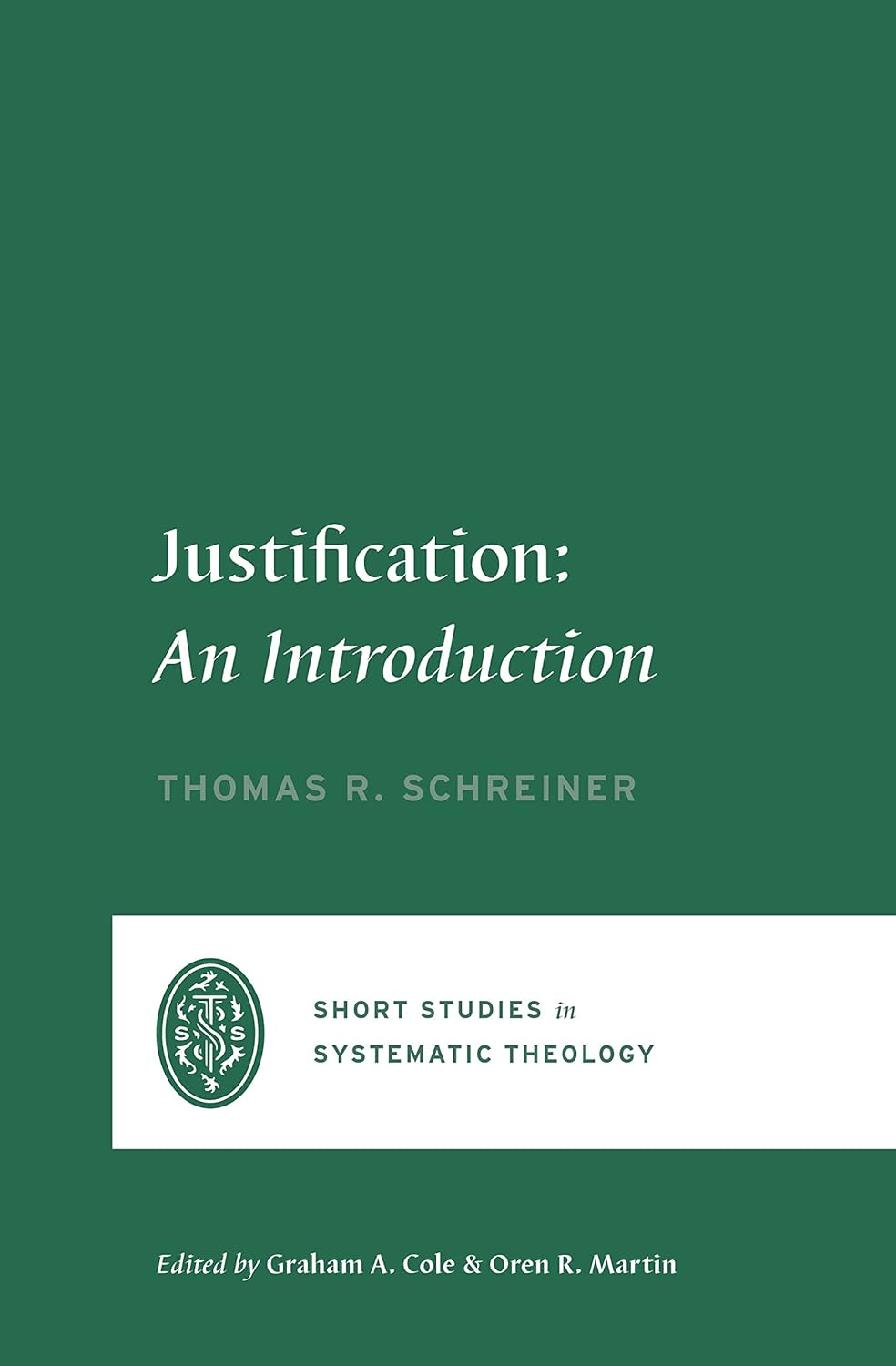A Brief Book Summary from Books At a Glance
by Steve West
Table of Contents
Introduction
1 Justification in Church History
2 The Old Testament Framework
3 Jesus and Justification
4 Justification of the Ungodly in Paul
5 Justification in the Rest of the New Testament
6 Contemporary Challenges
7 Justification and Systematic Theology
Epilogue: A Final Word
Summary
Chapter 1: Justification in Church History
The biblical witness concerning the doctrine of justification is our final authority, but before looking at the biblical data this chapter will look at how the doctrine was understood in the history of the church. The evidence from the church fathers is complex, but some explicitly affirmed justification by faith and denied that justification is the result of works. They taught that salvation was a gift of God’s mercy and grace rather than earned by human merit. Works-righteousness is impossible because of our sin; salvation comes through Christ’s work on the cross. Augustine saw salvation as a gift tied to God’s sovereign election, but he defined justification to mean “make righteous” rather than “declare righteous.” This definition made justification a process rather than a forensic once-for-all declaration. Aquinas followed Augustine in assigning salvation to God’s predestinating grace; he also held that justification is a process of renovation and transformation.
Martin Luther challenged the Augustinian/Thomistic view of justification, arguing that justification means to declare righteous rather than make righteous. Justification was distinguished from sanctification, with the latter being the transformative process of growing in subjective righteousness. In justification, faith alone saved because it held to the merits of Christ alone. Justification was imputed rather than imparted. Calvin likewise insisted that justification was by faith alone, and faith was instrumental in uniting us with Christ in whom we are justified. The faith that unites us with Christ is a gift from God. Justification was a legal reality where Christians were declared righteous in Christ. Calvin taught that those who are justified will go on to perform good works and grow in sanctification.
Before the Reformation, the church had not produced a universally accepted formulation of the doctrine of justification. Before the Council of Trent, some Catholic responses to the Reformers were fairly sympathetic. At Trent, however, the Catholic response was a strong rejection of the Reformed position. Justification by faith alone was repudiated, faith and works were said to cooperate in justification, and the process view of justification was maintained. Justification was infused rather than imputed: sola fide was rejected. It was not forensic but transformative; righteousness is a process, not a forensic declaration. Although there is a lot of diversity amongst individual Catholics, the official Catechism of the Catholic Church follows Trent. According to Trent, infants are justified by baptism instead of faith. Justification and sanctification describe the same realities, and the process of justification develops through the sacramental theology of Catholicism. . . .
[To continue reading this summary, please see below....]The remainder of this article is premium content. Become a member to continue reading.
Already have an account? Sign In
